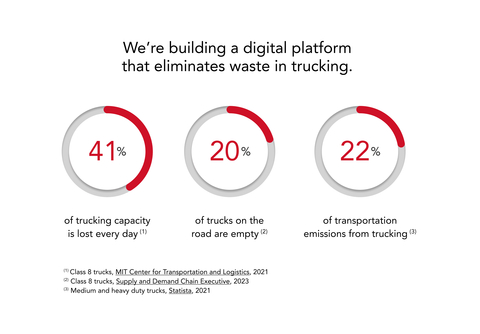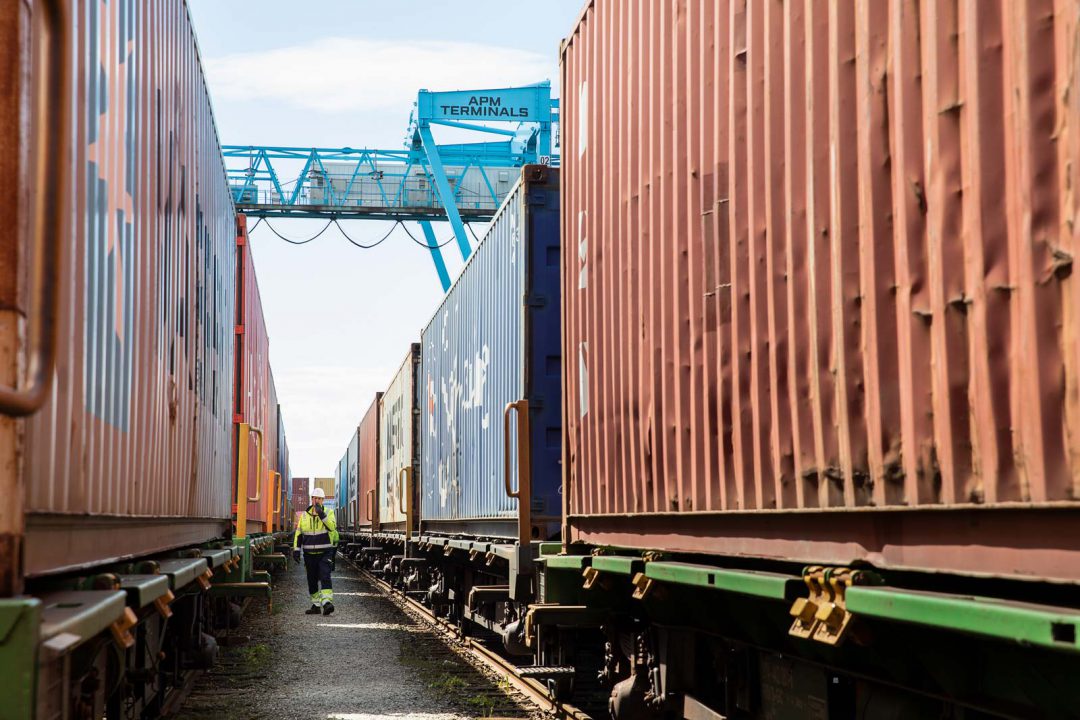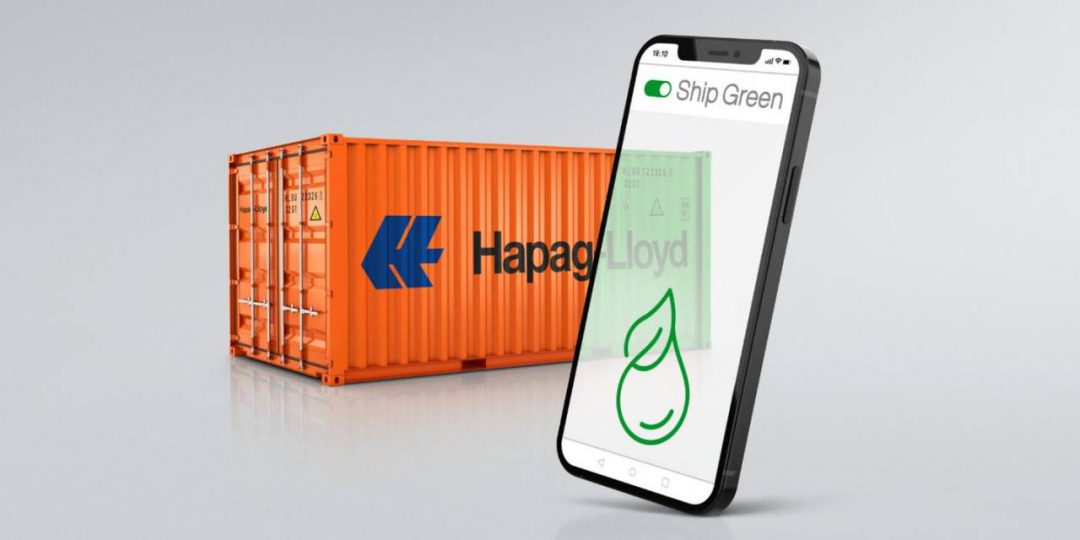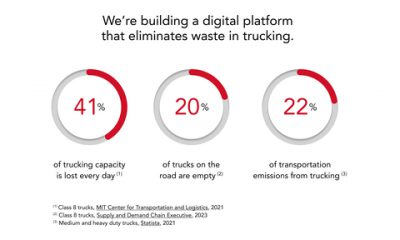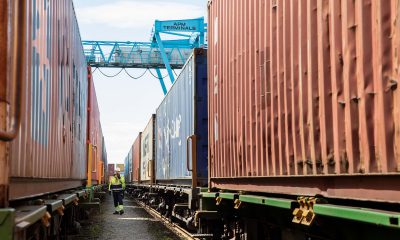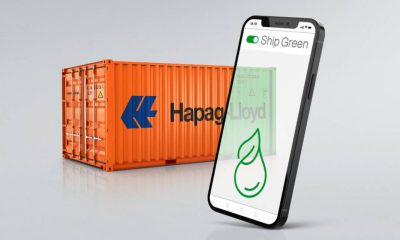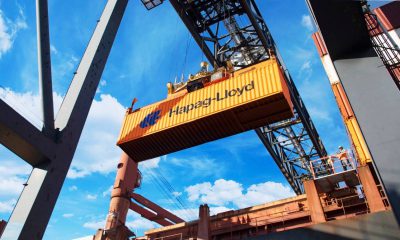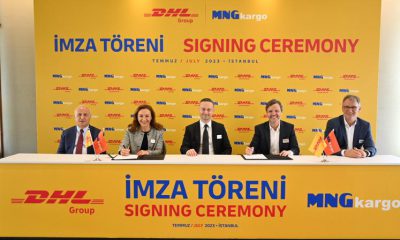A.P. Moller – Maersk has reached an agreement to acquire Martin Bencher Group, a Denmark-based project logistics company with premium capabilities within non-containerised project logistics.
Martin Bencher was founded in 1997 and is an asset-light logistics provider that specialises in project logistics. Martin Bencher’s core capability is designing end-to-end project logistics solutions for global clients, and the company´s competitive strengths include deep industry expertise, a solid track record, long-term stakeholder relationships as well as a highly skilled organisation.
“Martin Bencher will be an excellent fit to Maersk and our integrator strategy, strengthening our ability to provide project logistics services to our global clients. When Martin Bencher joins the Maersk family, we will be able to deliver project logistics services with a high degree of reliability, a proven track-record, and a strong focus on Health, Safety, Security and Environment. In addition to supporting our existing customers’ project logistics needs, we will also be able to provide a more comprehensive offering to a wide array of industries.” said Karsten Kildahl, Regional Managing Director in Europe of Maersk.
With the intended acquisition of Martin Bencher, Maersk will also introduce a new product, Maersk Project Logistics. Project logistics is a specialised service offering within the global logistics industry that covers the combination of solution design, special cargo transportation, and project management services – including detailed planning, orchestration, and sequencing of end-to-end shipments from suppliers to destination sites.
Such service requires managed transportation capabilities with deep technical specialist knowledge around specific supply chain elements such as handling of oversized and special lift cargo, conducting road surveys, and delivery planning as well as offload and assembly of the equipment on sites.
A strong project logistics solution offering is a key element for clients with logistics requirements for large scale projects across several industry segments, including renewable energy, pulp and paper, power generation, mining, automotive, aid and relief, government contracted logistics and industrial manufacturing.
Project logistics is not new to Maersk, as the company already has niche competencies based mainly in Europe and North America. However, in order to expand and mature the service offering, existing activities will be consolidated into a global product offering, benefitting the clients.
Together with the proposed acquisition of Martin Bencher, this will enable Maersk to significantly accelerate its project logistics capabilities and develop an unparalleled integrated offering to serve existing and future customers, also within new industries.
“We are thrilled to become an integral part of Maersk, which we see as an ideal fit for our people and clients. Clients requiring project logistics are aware of the constraints and challenges facing them and are seeking strategic partners with sufficient ambitions and strength to handle their entire global supply chain now and in the years to come. Together with Maersk, we will have the scale, commitment, and capabilities to handle the entire logistics scope of work for clients around the world – as well as expand into new industries.” commented Peter Thorsoe Jensen, CEO of Martin Bencher.
Martin Bencher Group is headquartered in Aarhus, Denmark and has a presence in key locations globally through 31 offices in 23 countries, with almost 170 employees.

